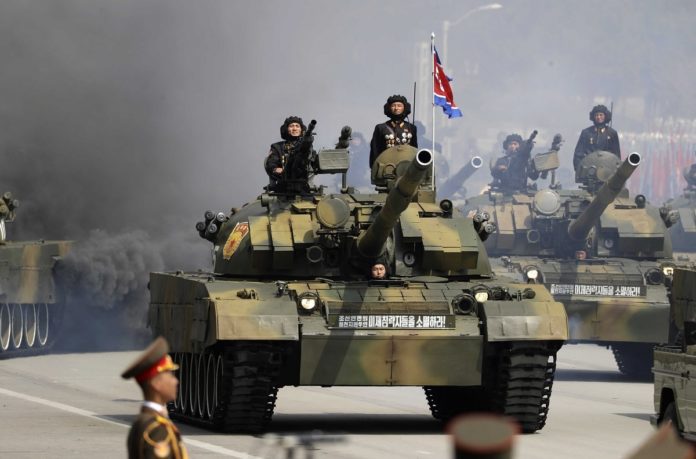Let me state up front that I want peace on the Korean peninsula, and I think all Koreans and Americans want peace. The question is, will an end of war declaration contribute to peace if there is no change to the conventional, nuclear, and missile forces in North Korea? How will the security of the ROK be maintained by an end of war declaration? Paper and rhetoric do not trump steel and the amount of North Korean People’s Army steel north of the DMZ is an existential threat to the South and will remain so with a symbolic and non-legally binding end of war declaration.
This is a complicated issue for a number of reasons. President Moon Jae-in appears to have an overwhelming desire to cement his legacy as the “peace president” and an end of war declaration contributes to that. The Moon administration is also laboring under the erroneous assumption that such a declaration will show Kim Jong-un that the ROK/U.S. alliance is abandoning what Kim calls the alliance “hostile policy.” This assumption is followed by a second erroneous assumption that the declaration will lead to a jump-starting of North-South engagement and denuclearization negotiations. These assumptions illustrate a lack of understanding of the nature, the objectives, and the strategy of the Kim family regime which has never wavered in seven decades – it still seeks to dominate the peninsula under the rule of the Guerrilla Dynasty and Gulag State.
At the trilateral Deputy Ministerial meetings 16-17 November in Washington, Deputy Secretary of State Sherman said she is satisfied with the consultations on an end of war “statement.” South Korean officials continue to say that the two sides are in the final stages of negotiations and near an agreement.
The ROK and U.S. diplomats are working on a way forward that will support the policies of both countries. The U.S. does not oppose an end of war declaration per se. As the Moon administration emphasizes it is only symbolic and not legally binding so the question is how it will affect the alliance and security on the Korean peninsula?
To read full article click here



